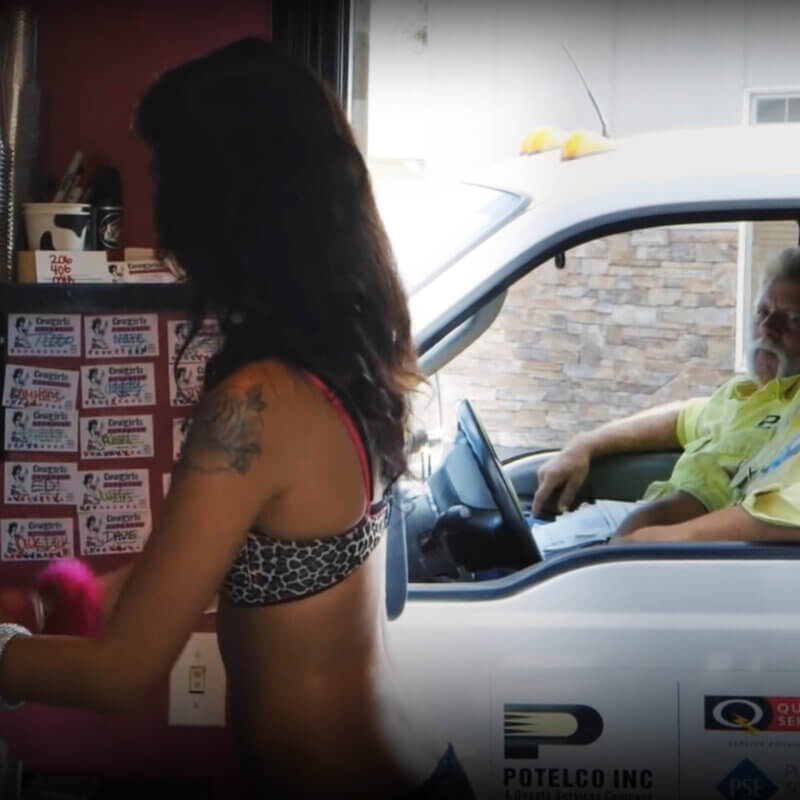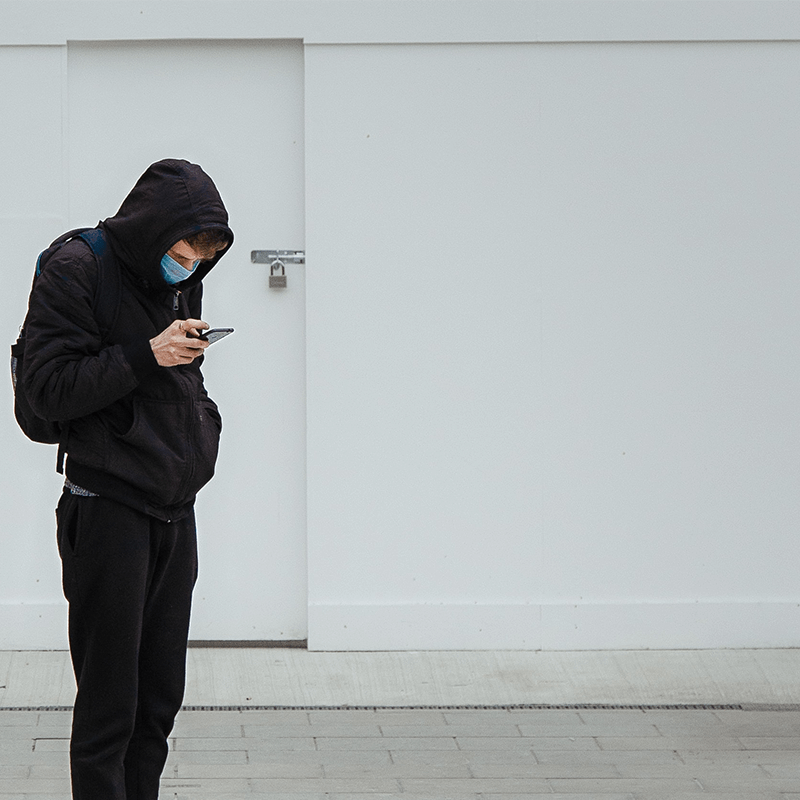The cast of Pretty Woman just celebrated twenty-five years since the release of their blockbuster movie. The world applauded and the Internet was abuzz.
My colleague and friend Laila Mickelwait reflected too. To mark the anniversary, she wrote a passionate blog that has now created a frenzy. In her blog, Mickelwait challenges the glamorization of prostitution in Pretty Woman. She contrasts the Hollywood fairy tale with the realistic albeit sordid facts of rampant abuse, exploitation and broken lives.
Mickelwait contends that Pretty Woman portrays a deceptive view of the sex industry, one not based on reality. I agree. The movie suggests that young women who enter the world of prostitution can expect to meet dashing men who drive Maseratis, eat at fine dining restaurants, attend VIP soirees, and live happily ever after. The Pretty Woman fairy tale has promulgated a dangerous misconception about the nature of prostitution.
Bronwen Healy is a formerly prostituted woman who now runs the Hope Foundation in Australia, an organization that assists women who are able to leave prostitution. Healy says. “The cost [of prostitution] is our hearts, our trust, our souls, our bodies, our minds. It’s all consuming and the pain doesn’t miss any part of us. I didn’t discover that until I got out and got well.”
The facts back up Healy.
The Journal of Trauma Practice published results of a survey that concluded that up to seventy-five percent of women in prostitution have been raped, ninety-five percent have been physically assaulted, and sixty-eight percent meet the criteria for severe post-traumatic stress disorder.1
The British Medical Journal reported that forty-eight percent of the women in prostitution interviewed had experienced violence from clients. This included being slapped, punched, or kicked; robbery; beatings; threats with weapons; being held against their will; attempted rape; strangulation; kidnapping; being forced to give clients oral sex; vaginal rape and anal rape.2
A study published in the American Journal of Epidemiology found the mortality rate of women in prostitution to be 200 times higher than the general population.3
Despite the research that has been conducted over the past 30 years, a few self-identified “sex workers” in Australia took exception to Mickelwait’s blog about the true sordid nature of the industry, and they spawned the Twitter hashtag, #facesofprostitution. The group took to social media in an attempt to counteract the traction of the message, and news outlets (BBC, Daily Mail, Guardian, Stern, and others) jumped on the story, spotlighting the narrative of these so-called “empowered sex workers.”
In her dismissal of Mickelwait, “sex worker” Madison Missina posted on Instagram, “I’m empowered, contributing to society and living the life of my dreams! I’m not a victim, nor am I a survivor. I am however, a prostitute. And I love my job, my clients and my life! #sexworkiswork #rightsnotrescue.”
Missina’s use of the term “empowerment” begs the question, what does it really mean to be empowered?
The dictionary says empowerment means to “promote the self-actualization or influence of.” So to be empowered is to be celebrated for who you are in your truest form. Is the truest form of a woman one of a sex object that can be bought and sold?
Where do such twisted ideas of empowerment come from? Our culture. We socialize young women to become complicit against themselves by commodifying their sexuality.
The impressions start with things as seemingly innocuous as the cover of Cosmopolitan magazine and the movie Pretty Woman. They are advanced by our culture’s worship of female icons whose tickets to fame are their sex tapes and their willingness to bare it all for the world to see. The flood of images infiltrating the culture through mass media depicting women as hyper-sexualized objects for male consumption has served to form the narrative of what it means to be an empowered woman. The implicit message is “If you want to be visible and valued, be sexual.”
Young girls internalize these messages and construct their identity and worldview, one informed by this social narrative. Girls grow up into women who believe that in order to get what they want (love, value and recognition) they must show some skin. This expectation is inherently dehumanizing, discriminatory, and humiliating. It creates a system through which women are groomed to cooperate by exploiting their sexuality and labeling it empowerment, not realizing the destructive patterns of human thinking and behavior they have bought into. Women who join the sex industry under the guise of empowerment are merely internalizing the latent sexism of our culture by adopting what is expected of them – to put out.
False notions of empowerment cause us all to miss out on the full breadth of a woman’s beauty. Women are intellectual, emotional, spiritual, creative, athletic, familial, political, caring, compassionate, relational, and strong. They may desire autonomy and independence, or family and children, they are searching for deeper meaning and purpose; they have history, memories, and unique experiences; they long to have an impact in the world. Simply put, women are not a sexual buffet for the gratuitous appetites of men; they are image bearers of God and the crown of His creation.
Celebrate women, don’t consume them. Cherish women, don’t exploit them. Empower women with real power, don’t oppress them with a false idea of empowerment.
Footnotes
- 1. Farley, M., Cotton, A., Lynne, J., Zumbeck, S., Spiwak, F., Reyes, M. E., … & Sezgin, U. (2004). Prostitution and trafficking in nine countries: An update on violence and posttraumatic stress disorder. Journal of Trauma Practice, 2(3-4), 33-74.
- 2. Church, S., Henderson, M., Barnard, M., & Hart, G. (2001). Violence by clients towards female prostitutes in different work settings: questionnaire survey. Bmj,322(7285), 524-525.
- 3. Potterat, J. J., Brewer, D. D., Muth, S. Q., Rothenberg, R. B., Woodhouse, D. E., Muth, J. B., … & Brody, S. (2004). Mortality in a long-term open cohort of prostitute women. American journal of epidemiology, 159(8), 778-785.
Join the movement!
Subscribing to our email list connects you with the heartbeat of the movement to end commercial sexual exploitation.





